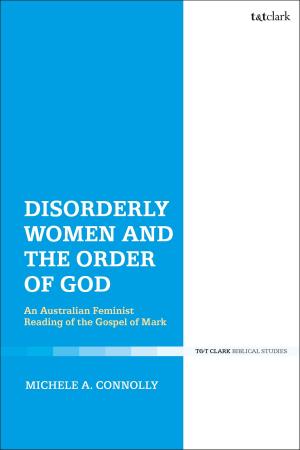The Young Victims of the Nazi Regime
Migration, the Holocaust and Postwar Displacement
Nonfiction, History, Jewish, Holocaust, European General| Author: | ISBN: | 9781472523907 | |
| Publisher: | Bloomsbury Publishing | Publication: | May 5, 2016 |
| Imprint: | Bloomsbury Academic | Language: | English |
| Author: | |
| ISBN: | 9781472523907 |
| Publisher: | Bloomsbury Publishing |
| Publication: | May 5, 2016 |
| Imprint: | Bloomsbury Academic |
| Language: | English |
During the Nazi regime many children and young people in Europe found their lives uprooted by Nazi policies, resulting in their relocation around the globe. The Young Victims of the Nazi Regime represents the diversity of their experiences, covering a range of non-European perspectives on the Second World War and aspects of memory. This book is unique in that it places the experiences of children and youth in a transnational context, shifting the conversation of displacement and refuge to countries that have remained under-examined in a comparative context.
Featuring essays from an international range of experts, this book analyses the key themes in three sections: the migration of children to countries including England, Canada, Australia, New Zealand, Kenya, and Brazil; the experiences of young people who remained in Nazi Europe and became victims of war, displacement and deportation; and finally the challenges of rebuilding lives and representing traumas in the aftermath of war. In its comparisons between Jewish and non-Jewish experiences and how these intersected and diverged, it revisits debates about cultural genocide through the separation of families and communities, as well as contributing new perspectives on forced labour, families and the Holocaust, and Germans as war victims.
During the Nazi regime many children and young people in Europe found their lives uprooted by Nazi policies, resulting in their relocation around the globe. The Young Victims of the Nazi Regime represents the diversity of their experiences, covering a range of non-European perspectives on the Second World War and aspects of memory. This book is unique in that it places the experiences of children and youth in a transnational context, shifting the conversation of displacement and refuge to countries that have remained under-examined in a comparative context.
Featuring essays from an international range of experts, this book analyses the key themes in three sections: the migration of children to countries including England, Canada, Australia, New Zealand, Kenya, and Brazil; the experiences of young people who remained in Nazi Europe and became victims of war, displacement and deportation; and finally the challenges of rebuilding lives and representing traumas in the aftermath of war. In its comparisons between Jewish and non-Jewish experiences and how these intersected and diverged, it revisits debates about cultural genocide through the separation of families and communities, as well as contributing new perspectives on forced labour, families and the Holocaust, and Germans as war victims.















